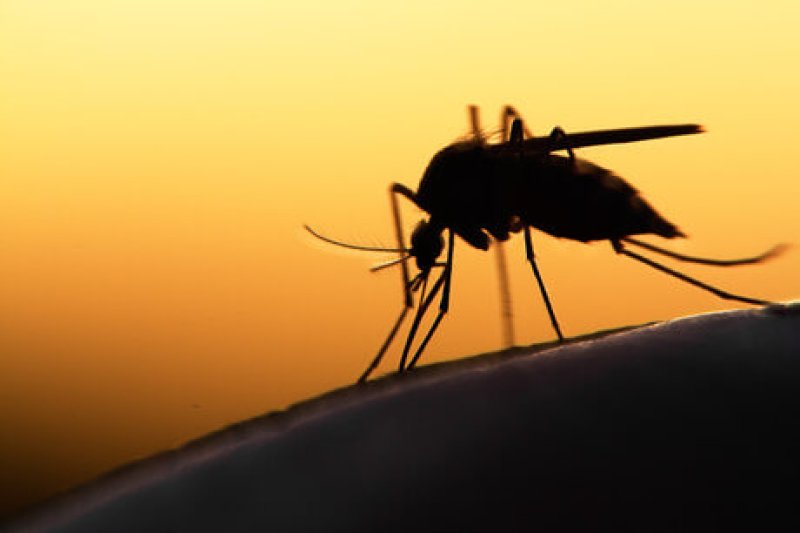Nations rejected a proposal to temporarily ban the release of organisms carrying gene drives — a genetic-engineering technology designed to spread mutations rapidly through a target population — on 29 November at a meeting of the United Nations Convention on Biological Diversity (CBD) in Sharm El-Sheikh, Egypt.
Dozens of scientists opposed the moratorium proposal, although numerous environmental and activist groups supported it.
A gene drive moratorium was never likely to succeed in the face of opposition from biotechnology-friendly countries, because changes to the CBD must be accomplished by reaching consensus among the 168 signatory countries.
Instead, representatives at the two-week-long meeting agreed to changes to the treaty that were vague enough that both proponents and sceptics of gene-drive technology are touting victory.
Signatories to the treaty… agreed on the need to assess the risks of gene-drive releases on a case-by-case basis. They also said that local communities and indigenous groups potentially affected by such a release should be consulted.
…
Todd Kuiken, a biotechnology-policy specialist at North Carolina State University in Raleigh who is part of an expert panel that advises the CBD on gene drives, says that it will take time to parse the language agreed today. The text must be interpreted by the countries that will ultimately license any gene-drive release — and thus he sees no quick end to the debate.
Read full, original post: UN treaty agrees to limit gene drives but rejects a moratorium































